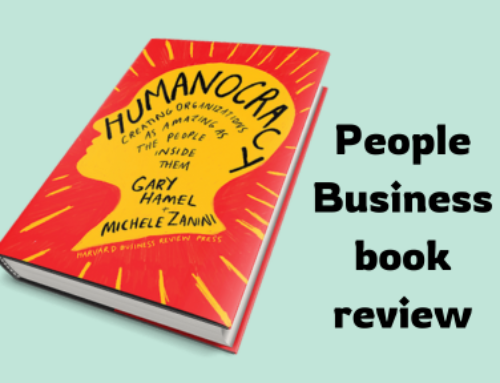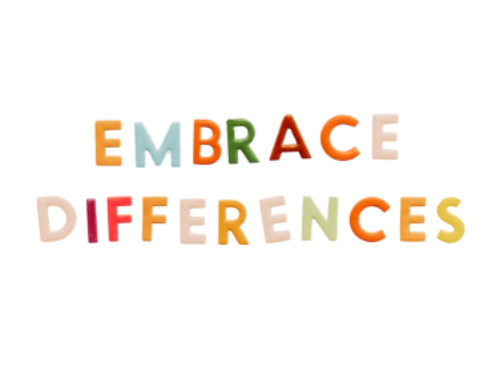Organisational culture in a hybrid working world
We recently wrote about one of Gartner’s top priorities for HR for 2024 – change management and change fatigue – and this has prompted us to write about another of their important identified priorities – addressing organisational culture and the struggle with alignment and connectedness particularly in a hybrid working world.
What is organisational culture and why is it important?
The Collins dictionary defines organisational culture as “the customs, rituals, and values shared by the members of an organisation that have to be accepted by new members.” This definition is accurate, but it fails to emphasise the importance of organisational culture and its role in driving organisational success.
Organisational culture influences everything and everyone, from how an organisation communicates, how behaviours are shaped, employee engagement and performance. But organisational culture doesn’t just happen and appear all by itself; it is created and needs clarity and maintenance in order to have positive influence on the progress of a business. And this isn’t easy especially in times of flux.
What did Gartner’s survey of 520 HR leaders reveal about organisational culture?
Gartner’s survey revealed that organisations are unsure how to drive cultural change and that some don’t have a clear vision – 47% of HR leaders surveyed don’t know how to drive change to achieve the desired culture. Additionally, they discovered two areas that companies are struggling with:
- Alignment, where employees know the culture, believe in it and demonstrate the behaviours associated with the culture and values, and
- and connectedness, where people identify with the culture, care about it and feel like they belong within the culture.
In particular, one of the reasons for this cultural hurdle has been the post-pandemic world where hybrid working is making it more difficult to attain alignment and connectedness. According to Gartner, 41% of HR leaders say employees’ connection to culture is compromised by hybrid work. That said, contrast this with the potential cultural impact of coercing people back into the workplace and one can see the importance of a proportional response.
What has changed to create this cultural hurdle?
In a pre-pandemic world where employees physically went much more often to their place of work, they saw the behaviours being demonstrated by leaders and peers, learned the culture, and they cared about it. Now, when many are still popping into the office irregularly, there is less opportunity for ‘office osmosis’, as Gartner puts it – fewer chances to experience the organisational culture first hand and therefore learn expected behaviours and connect with that culture.
Companies who lay great emphasis on their values and organisational culture such as Apex Group, make time to assess and discuss their culture. Rosie Guest, CMO and Communications Officer at Apex Group said in a recent interview, “At our senior management conferences a half day is set aside for a discussion about our culture. Core values don’t fundamentally change but we need to think differently about how we communicate and gain commitment.”
Strategies for organisations to overcome cultural challenges?
There are strategies organisations can implement to ensure that employees feel aligned and connected to the culture and values. Leaders need to be proactive in their demonstration of the values and culture of their company, now that that ‘office osmosis’ is a rarer occurrence. Here are a few suggestions:
Clarity of vision
A clear vision is essential for inspiring and aligning employees to the organisational goals and values. Without a vision, employees may not feel aligned or connected to the purpose of their work and the organisation. Leaders need to communicate the vision clearly and consistently to build a strong buy-in into the culture. It’s also essential that the vision and values are translated into measurable objectives and actions for each team and individual.
Foster a sense of community and belonging
Leaders need to be proactive with communicating, collaborating and recognising employees in a hybrid environment, and use technology to reach all employees. This will help to create the sense of belonging, reinforcing values and strengthening the organisational culture.
Ensure employees are connected and aligned with the organisational culture
Organisational culture is co-created by everyone in the organisation through their daily interactions and behaviours. Therefore, leaders need to make sure that employees feel empowered and motivated to contribute to it. Not only do leaders need to model the desired behaviours but they need to give regular feedback and recognition to employees who demonstrate them. Apex Group gives a good example of a recognition programme. In order to recognise how employees are living their values, anyone can give a digital thank you badge to which managers allocate points which are then redeemable from retailers. This helps to sustain engagement.
Monitor the pulse of the culture
Through regular and consistent feedback attained, for example, via pulse surveys, or through team managers, or stakeholder focus groups the organisation can feel the pulse of the culture and will have the chance to address any gaps or issues that arise.
Organisational culture is a key driver of organisational success and sets the tone from which everything within an organisation flows. By overcoming these challenges, leaders can create a culture that supports their vision, strategy and values, and enables their employees to thrive.
To finish with a Sinek quote, “Corporate culture matters. How management chooses to treat its people impacts everything for better or for worse”. One extrapolation we would make is that it’s not just the way managers treat their people… it’s the way everyone treats each other, led by engaged and empowering business leaders with a clear organisational vision of who they want to be and how they want to get there.
If any of these cultural issues strike a chord, or you would like to discuss organisational culture with any of our consultants, please do get in touch.




Leave A Comment
You must be logged in to post a comment.